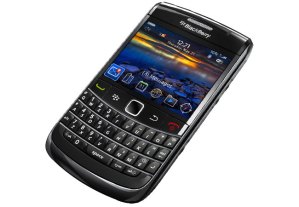
India’s Ministry of Home Affairs has set an August 31 deadline for Canada’s Research in Motion to provide government security agencies and law enforcement access to BlackBerry email and other communications, or the service will be banned in India. The threatened ban stems from BlackBerry devices’ use of encrypted messaging and overseas data centers: India cites concerns militants, terrorists, and other criminals can use BlackBerry devices to communicate security.
The United Arab Emirates and Saudi Arabia have also threatened to shut down BlackBerry services over similar security concerns. The UAE’s proposed ban isn’t slated to go into effect until October. Although RIM has not made a public statement, the company seems to have been able to avert a ban in Saudi Arabia by locating BlackBerry servers within Saudi Arabia.
In theory, merely locating BlackBerry servers within the borders of a country does nothing to compromise BlackBerry encryption, nor does it create a mechanism whereby law enforcement or other agencies could obtain unencrypted copies of users’ communications. However, locating the servers within a country’s borders could substantially streamline the process of requesting copies of messages—encrypted or not—because the entire process could be handled by domestic law enforcement agencies without international involvement.
Free speech advocates have pointed out that enabling governments to peer into private communications can have a chilling effect on freedom of speech and freedom of expression, potentially enabling governments to suppress information and opinion they find objectionable.
It is not known whether RIM has proposed locating BlackBerry servers in India as a form of compromise. Research in Motion has not commented on India’s announcement; in the past, the company has indicated it will not disclose information about its discussions with regulators around the world.


